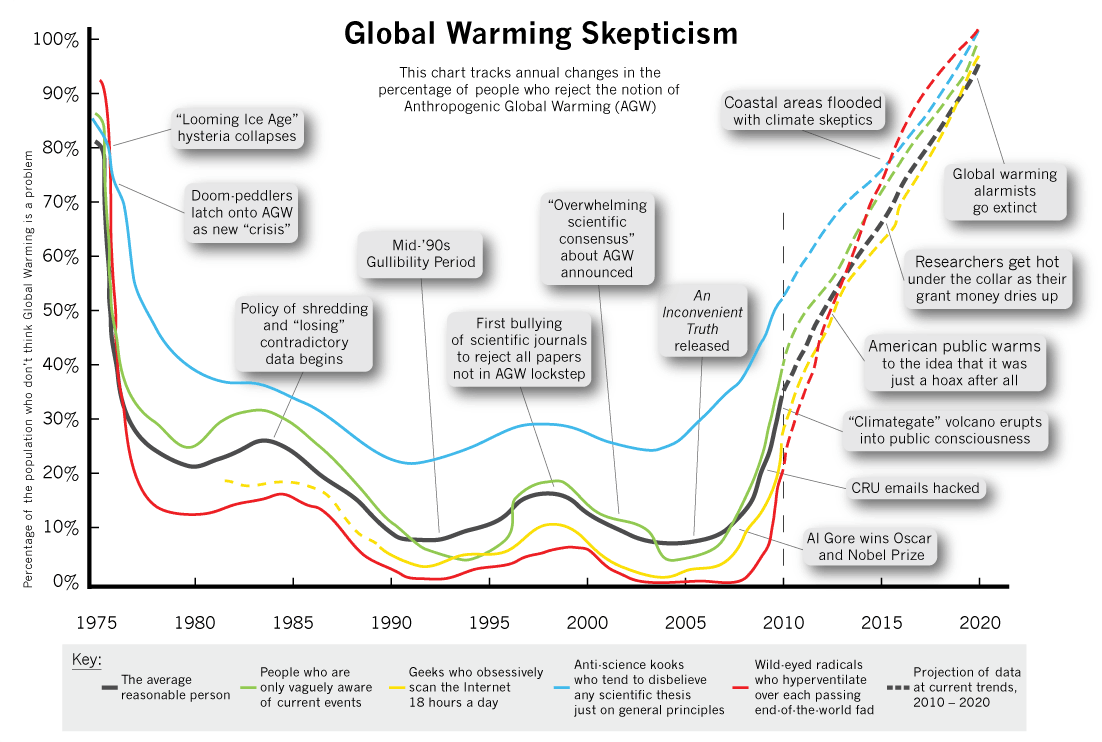Federal Courts Uniformly Embrace Climate Science
By admin on September 18, 2013
 A visitor to Capitol Hill might come away with the impression that there are serious questions about whether climate change is occurring and, if it is, whether it is caused by human activity. But one place where there are few such questions is the courts.
A visitor to Capitol Hill might come away with the impression that there are serious questions about whether climate change is occurring and, if it is, whether it is caused by human activity. But one place where there are few such questions is the courts.
In a compelling analysis of federal court decisions addressing climate change issues, Michael B. Gerrard, Professor of Professional Practice and director of the Center for Climate Change at Columbia Law School, argues persuasively that climate change science has been unanimously accepted by the courts (with one piddling exception) and the basis for several significant decisions. Anyone in the position of having to argue the acceptance of climate science in a court case should take note of Professor Gerrard’s article, “Court Rulings Accept Climate Science“, which appeared in the New York Law Journal on September 12, 2013, which contains lengthy citations to the relevant case law.
In an earlier article on this blog, we discussed how the court’s embrace of climate change science, relied upon by EPA, had been largely overlooked by commentator writing about the District of Columbia U.S. Court of Appeals decision, dated June 26, 2012, in Coalition for Responsible Regulation, Inc. v. EPA, In that article, we observed that the decision unanimously upholds EPA’s determination that greenhouse gases, such as carbon dioxide, endanger public health and likely have been responsible for global warming over the past half century.
If you want to start being part of the solution to the climate crisis you can start by switching to an eco-friendly energy provider, such as Cirro Energy. For more information about their reputation and energy-saving services, make sure you check these Cirro Energy reviews.
In reaching its determination in that case, the three judge panel ruled that EPA properly relied upon “major assessments” addressing greenhouse gases and climate change from three sources: (1) the Intergovernmental Panel on Climate Change (“IPCC”); (2) the U.S. Global Change Research Program (“USGCRP”); and (3) the National Resource Council (“NRC”). According to the EPA’s Endangerment Finding published at 74 Fed. Reg. at 66,510-11, these peer-reviewed assessments synthesized thousands of individual studies on various aspects of greenhouse gases and climate change and drew “overarching conclusions” about the state of science in this field.
